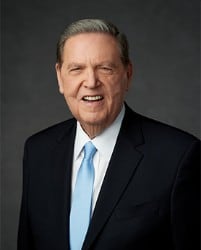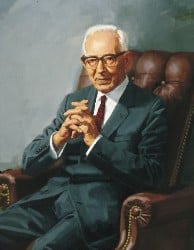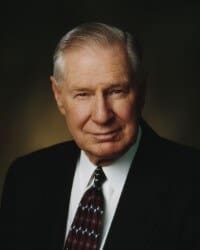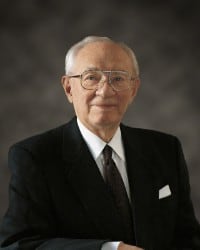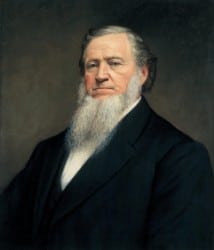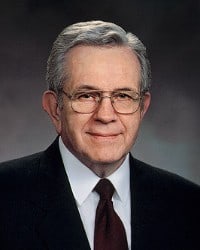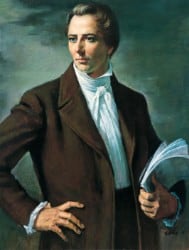All who have lived on the earth according to the best light they had, and would have received the fullness of the Gospel had it been preached to them, are worthy of a glorious resurrection, and will attain to this by being administered for, in the flesh, by those who have the authority. All others will have a resurrection, and receive a glory, except those who have sinned against the Holy Ghost. It is supposed by this people that we have all the ordinances in our possession for life and salvation, and exaltation, and that we are administering in these ordinances. This is not the case. We are in possession of all the ordinances that can be administered in the flesh; but there are other ordinances and administrations that must be administered beyond this world. I know you would ask what they are. I will mention one. We have not, neither can we receive here, the ordinance and the keys of the resurrection. They will be given to those who have passed off this stage of action and have received their bodies again, as many have already done and many more will. They will be ordained, by those who hold the keys of the resurrection, to go forth and resurrect the Saints just as we receive the ordinance of baptism, then the keys of authority to baptize others for the remission of their sins. This is one of the ordinances we cannot receive here, and there are many more. We hold the authority to dispose of, alter and change the elements; but we have not received authority to organize native element, to even make a spear of grass grow.
Brigham Young
| Journal of Discourses, p. 397
Topics: Baptisms for the Dead, Resurrection, Salvation of Children, Temples
